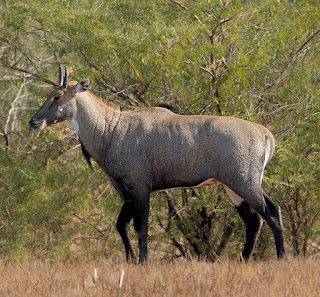| the Markaloddi gudem in deep forests in Sirpur ( U) mandal |
Ten Andh Adivasi families, with about 60 members in all , who have been living in the Markaloddi in Sirpur (U) mandal since a long time are quenching their thirst in this manner, said Tekam Dashwanth, a resident.
This community is somewhat more religious and they maintain isolation from other communities most of the time.
“Water they fetch from the streams is tasteful as the water flows down from the hills , past may medicinal plants and their roots , thus becoming therapeutic,” he said.
There is no road connectivity, yet they don’t come out of that place as they are attached to it for peace and independence it offers them.
They go to Jainoor mandal headquarters for weekly shandy to buy their essential commodities, pointing out that they had never faced a threat from the forest animals though they move in this deep forest area even at night.
Markaloddi remains unexplored territory ; going there gives the sense of entering a cave over a long distance and suddenly chancing upon a tiny village in the midst of the hills.
To reach the Markaloddi, one has to climb down hills, walk through hard terrain, take slippery twists and turns and cross rivulets. Visiting this place offers nature lovers, researchers, and journalists a refreshingly different experience.








